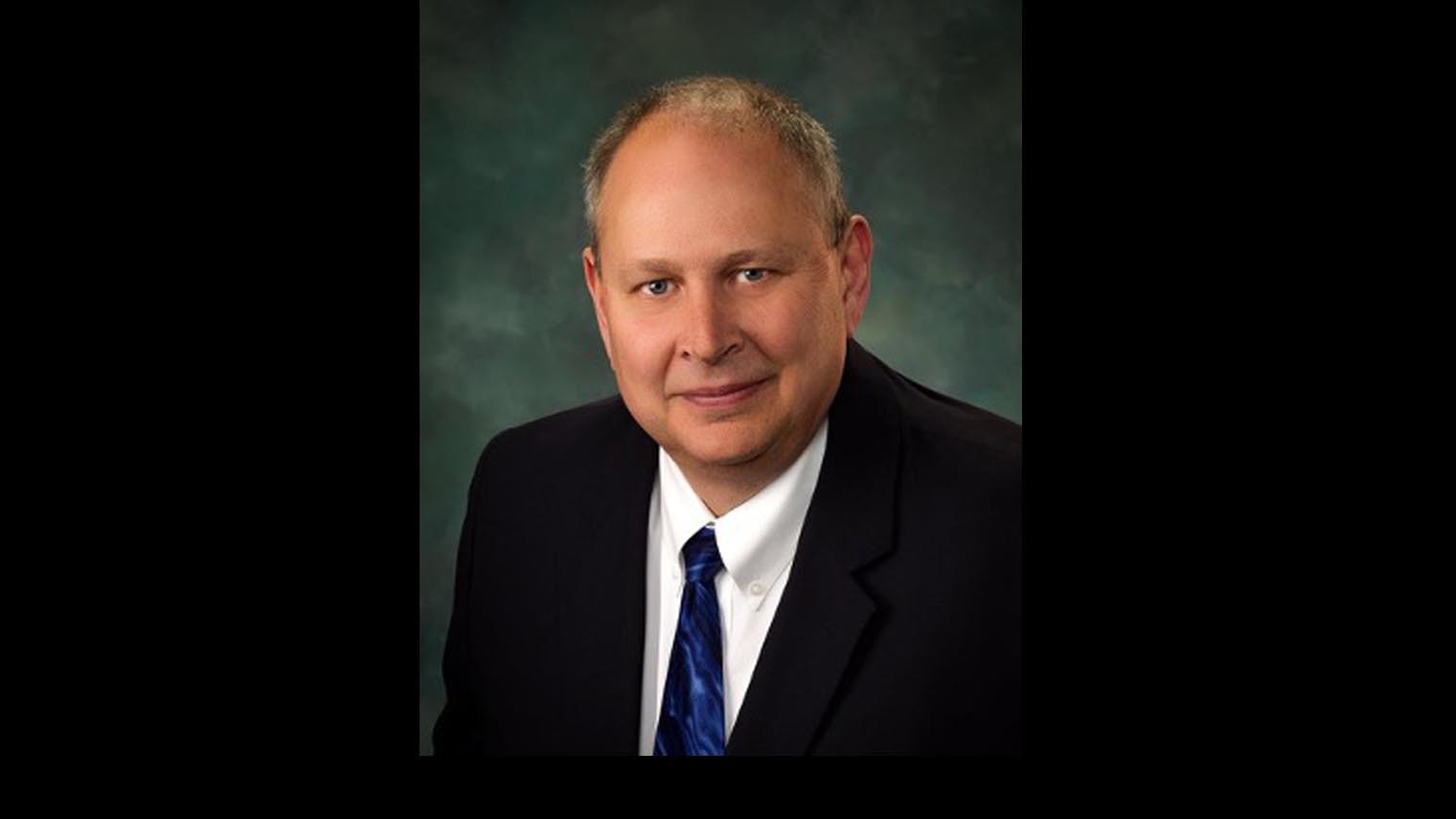This column is about Wyoming’s abortion statute. The column does not argue in favor of or against abortion, but discusses what the new law says. In the next installment, we will discuss the unintended consequences from the law’s confusing language.
In 2023, the legislature passed the Life is a Human Right Act. The act defined an unborn baby as “an individual living member of the species homo sapiens throughout the entire embryonic and fetal stages from fertilization to full gestation and childbirth.” In other words, according to Wyoming law, life begins at conception.
The law took an additional step. It said that unborn babies have all the constitutional rights of a human being, including the right to life. Those protections extend to all aspects of Wyoming law.
The Life is a Human Right Act and another, simultaneously-passed law, the Chemical Abortion ban have been enjoined by the courts – meaning no one can enforce them until the court makes a final ruling. Maybe not even then, depending on the court’s decision.
Let’s examine these laws to see what’s really happening, without the political spin.
The statute defines abortion using a lot of words to say that if anyone does anything with intent to terminate a pregnancy, it is an abortion.
I wish the statutory definition were that simple. It’s not.
It’s a word salad that tries to include every possible way an abortion could be performed.
The definition contains so many words and modifiers, itends up being confusing. The legal jargon is omitted, because most people won’t read it anyway. (If interested, you can find it here. https://www.wyoleg.gov/Legislation/2023/HB0152)
This column’s sequel will explain the confusion that word salad causes.
Next, the law carves out exceptions from that definition of “abortion.”
Those exceptions are to save the life or preserve the health of the unborn baby; remove a dead unborn baby caused by spontaneous abortion or intrauterine fetal death; treat a woman for an ectopic pregnancy; or treat a woman for cancer or another disease.
Right off the bat, the abortion statute starts with four exceptions – it adds more later.
The new law makes it a crime to perform an abortion. Instead of simply saying anyone who performs an abortion is a felon, it provides another word salad. Every word or concept used to describe performing an abortion is thrown into the statute, a mess of terms.
In addition to the four exceptions contained in the definition of abortion, the statute contains five more exceptions, which are incomprehensible legal jargon.
Allow me to try and simplify the language of these carveouts: they apply when the mother’s life is at risk (the statute takes 84 words to say that); to provide medical treatment to the mother where the treatment accidentally hurts the fetus; in the case of pregnancy arising out of sexual assault or incest, but only after the mother reports the crime to law enforcement; or if the fetus has a condition which would cause it to die anyway. (I wish the exceptions in the law were written that clearly. They are not.)
While abortions are illegal in Wyoming, the statute contains eight or nine exceptions.
But those are so messily worded it is hard for a doctor to interpret them. Which in real time, can have serious consequences.
Anyone who violates the statute without qualifying for an exception is guilty of a felony punishable by up to five years in prison and $20,000 in fines.
If the criminal penalty were not enough, a physician or any other professionally licensed person who intentionally, knowingly or recklessly violates the law commits an act of unprofessional conduct. So, his license can be taken away.
After 14 years of college, if a practitioner does a procedure that does not fall clearly within one of these vague exceptions, he loses his license.
The law does something no other law in Wyoming does. It gives any person, interested or not, the right to file a complaint with the state board of medicine.
Any interested activist can file a complaint against any practitioner, if the activist thinks the procedure falls outside one of these weirdly written exceptions. Then, the practitioner has to go to a hearing to determine if the strict statutory interpretation was correct. If not, the practitioner loses his license to practice medicine.
In addition to the professional licensure implications, any pregnant woman upon whom an abortion has been performed, induced, or coerced in violation of this act may sue the person performing the abortion for actual and punitive damages, including a $10,000 penalty plus attorney’s fees.
It is unclear from the language of the statute if a statute of limitations applies.
A physician practicing in the women’s health area has to risk jail time, his license, and his personal assets to perform an abortion.
Elective abortions in Wyoming are illegal up to the point of viability and would be illegal altogether if the new law became enforceable. But figuring out if an exception applies to a difficult medical call is difficult.
Now that we understand the basics of the statute, my next column will discuss its unintended consequences.
Tom Lubnau served in the Wyoming Legislature from 2004 - 2015 and is a former Speaker of the House.
He can be reached at: YourInputAppreciated@gmail.com





